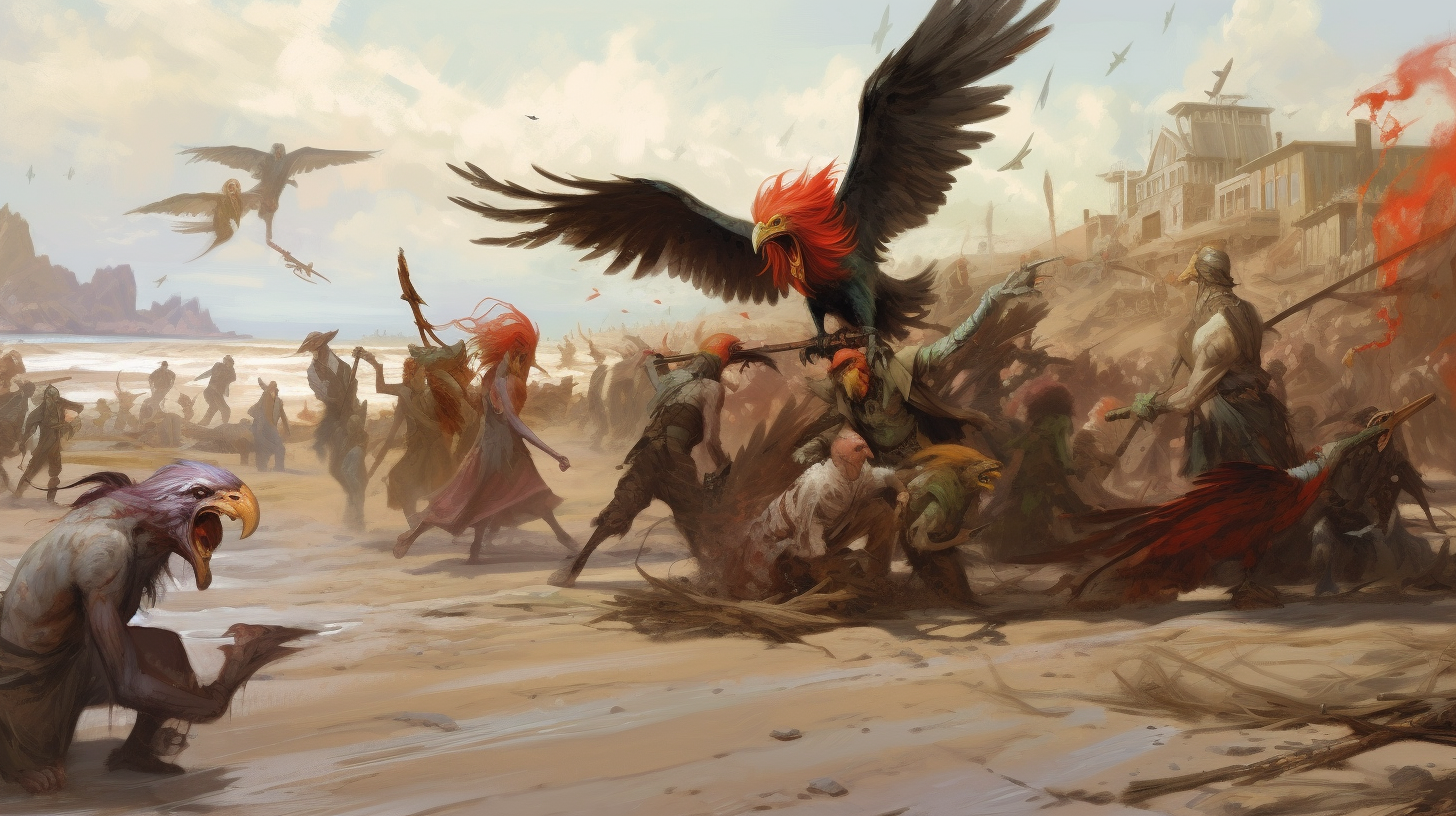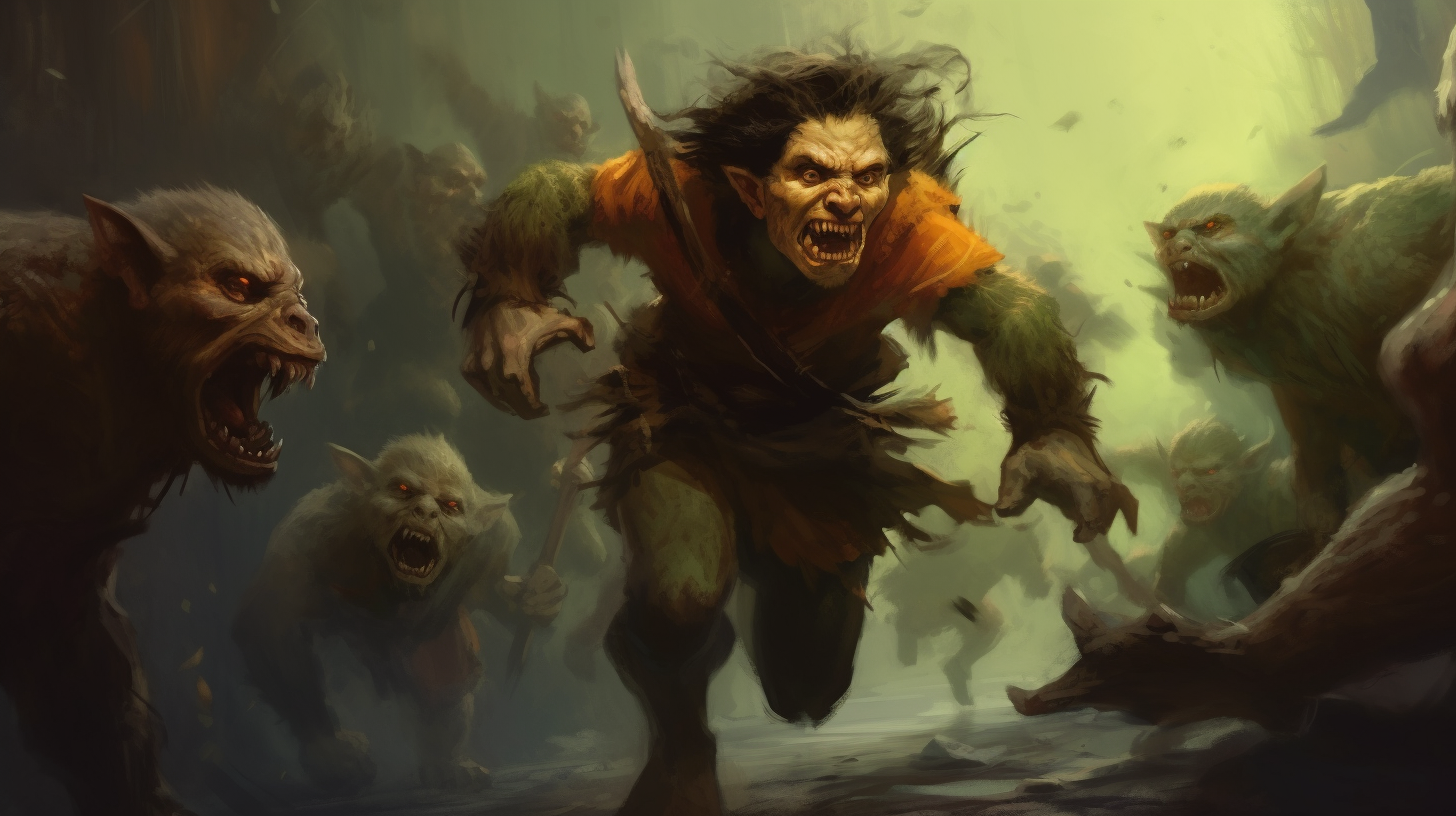Part 2. I read 300 first chapters in a month... prologues, and other novelty acts

On June 8th, I began a project to read the first chapters of all 300 entries to the Self-Published Fantasy Blog-Off (SPFBO), a competition run since 2015 to raise awareness of high-quality self-published fantasy books.
I blogged in July about my initial thoughts on the SPFBO entries, largely focusing on the overall excellent quality of the writing, and some common tropes (e.g. burning villages) that appeared in the first chapters.
As I mentioned during my last blogpost, I was not in the SPFBO9 competition. I decided to read the competition entries both to understand more about indie publishing (I hope) and to find some new favourite books.
My favourites from SPFBO9 have turned out to be different from the judges, so everything I'll write here is just my opinion, but here are some common issues with prologues that I saw multiple times - with my views on what I thought worked... and didn't.
I'm sharing this, not to kick indie authors (who often don't have many fans/readers), but as a collaborative learning exercise. I'm trying to learnt to write better and I hope, by sharing stuff I thought worked when I read lots of openings, I can help others. As I said in the previous blogpost, the quality of entrants to SPFBO9 was broadly excellent. I could make the same criticisms of many traditionally-published fantasy books, but - happily - indie authors have more control over who they trust as their editor 😄

It's a truth universally acknowledged that many guides to writing fiction say that prologues should never be written, but many famous fantasy book series, such as Wheel of Time or A Song of Ice and Fire, begin with one. What gives?
The answer, reading the SFPBO9 entries, is that - to write a good prologue - you need to know exactly WHY you're writing a prologue. And, if the answer is 'because most fantasy books have prologues', you may wish to reconsider...
Ye Shorte Vignette
The best prologues were uniformly short vignettes that set up a key conflict in the book without revealing too much. Often, this happened because the first chapter was relatively undramatic. Maybe the plot is about fighting the undead, but they don't conveniently appear until Chapter Ten.

Some great examples from SPFBO9 include the prologue of An Inheritance of Ash and Blood by Jamie Edmundson, which teases the existence of people with clawed feet (?) and the undead controlled by a necromancer (maybe?) in a tense action sequence. The book would otherwise begin with a training sword fight sequence with low stakes (see common tropes in previous blogpost), but the promise of hopefully seeing some clawed people and the undead later in the novel adds anticipation and peril.
I also thoroughly enjoyed the prologue of Warlock of Muscovy by Brien Feathers, which - very cleverly - sets up the key conflict in the novel, the fraught relationship between Marina and her father, Tsar Alexander the Cruel, while hinting at the imaginative worldbuilding. The beauty of Warlock's prologue is that it's actually repeated as Chapter 18. You'd think this wouldn't work, but it has the raw joy of watching a great film for the second time. The world-building which, on first read, recedes into background, suddenly makes perfect sense on second read.

A more difficult way to set up a novel is to write a poem that communicates the mood of your story. Mythical poems as prologue were REALLY common in SPFBO9 entries, and the problem - I found - is most prose authors can't write poetry (I include myself in this number). The result was often the literary equivalent of leaving a giant poo emoji on page one, and my response - as gentle reader - was to carefully step around the mess and hope something better turned up once the author got onto the prose.
I felt The Betrayer by Hannah E. Carey was the (rare) example of an enjoyable poem being elegantly deployed to set a mood. It was specific, mythical, well executed, and left without overstaying its welcome.
Unfortunately, my ability to pick out the best prologues is limited as I've got to have read enough to understand how the prologue fits into the wider story.
"Mystically, she forsooth emerged from the void," the Lizard Wizard shouted vaguely.

If the above examples give what (I thought) worked in a prologue, then... well... lots of other things didn't. The most common was the 'mythical birth born mythically'. My take on is the author didn't want to tell the reader too much about the plot, but they did want to explain that this was a mythical fantasy book.
Thus, something (unspecified) is born in a non-specific, but nauseatingly detailed way with lots of mythical-sounding adjectives. Things:
Swirl into birth within the primordial gloom, exploding into existence, leaving her gasping, wracked by the pain of fiery birth of existential despair at the god-like energy erupting through her.
[And so on for half a page...]

Likewise, in a variant of this prologue, which I will call 'the lizard wizard incanted vaguely', non-specific people get described doing standard fantasy-esque things for several pages:
The snake lizard wizard grasped the grey stone in his fist, waving it angrily at the man chained before him, crouched at the base of the metal throne. He made an invocation with his clawed hand, tongue flickering out, drawing upon ancient and dark powers.
[And, again, a couple of pages of this...]
And, at the end, we still don't know anything. Who, or what is this thing being born? Why is any of this important? Why should we care about the snake wizard and his non-specifically-described magical gizmo? These prologues neither set up an impending threat, create suspense nor establish a mood. And, if they intended to do so, they weren't delivering.
In short, they contain so little information, they could be omitted entirely without affecting the reader's perception of the rest of the plot.
The Info Dump

Almost the opposite problem comes when the author knows that Floogitz is terribly important (what is Floogitz? You may ask, and you would be right because you, the reader, is missing some information). The entire book hinges on the relationship between the Duke of Floogitz and the main character, an ordinary farm girl.
Thus, the prologue decides to set this out upfront.
Many years ago, in the country of Floogitz, there was a war between the Floogitzians and the Zooglians over cheese rights. This was a very vicious war, led by the Duke of Floogitz, who we won't meet for 50 pages, and his rival, the King of Zoog, who is dead by the time the novel starts. The next half page will recount the details of this war, including the exact number of pikeman present.
[And so on...]
And the reader wonders why we're being told this... the book hasn't started yet, we haven't met any of the characters and, when the book does start, it will evidently be happening in a different time period.
Again, based on prologues that did work, either:
- Dramatise this event if it's important, or;
- Leave it out, and provide exposition when the Floogitzian war arises, or;
- Find how the Floogitzian war is important to the characters later in the book, and dramatise that as a prologue, instead.
Again, multiple examples in the three-hundred SPFBO9 entries - don't feel I'm trying to kick your specific prologue.
The Speed Massacre

The speed massacre is where the book opens (either in the prologue or the first chapter, this one's equal opportunities) with a complex political situation. This can be a battlefield, or a throne room, but - either way - there's a lot of people and some dramatic s**t is going down:
The King lunged across the throne room towards Duke Nukem, who was wearing a Hat of the Ancients. As he reached him, he drew his Vorpal Sword, brandishing it furiously, and chanting the incantations that would bring down the Night of the Spheres. The Duke barely managed to parry, stepping backwards onto the toes of Sorcerer Tim, the King's Sorcerer, who had leapt out behind the throne, having recently returned from a diplomatic mission to the States of Floogitz and Rheyne. He stepped on the toes of Lady Nightingale, who promptly spoke the Unspeakable Word, ripping open the borders to reality, creating a shimmering portal, through which leapt a Demon of the Emerald Void.
[And all this came as a surprise to the point-of-view character, who was standing silently next to the door, having stopped on his way to get a cup of coffee...].
Anyway, if this is the first paragraph of your prologue, I'm sure you know the importance of all this stuff. I didn't. Again, loads of examples of this - I mean, LOADS. I agree that it's hard to fix, but - reading other books - the solution is probably to create ways to introduce the main character to all of these people, slowly, over a few chapters, as they become relevant to the plot.
And then he died... again

In the prologue, main character runs away from goblins. At the beginning of chapter one, five years later, the main character... runs away from goblins.
Likewise, in the prologue, the main character was being abused by his aunt and, five years later, yep, it's still happening.
Nothing has changed in those five years between the prologue and first chapter and, read together, you realise it's basically the exact same chapter... twice.
Multiple examples of this - to the point of it becoming a pattern - and, again, please don't do it. Write the introductory chapter once, and then get on with the plot.
